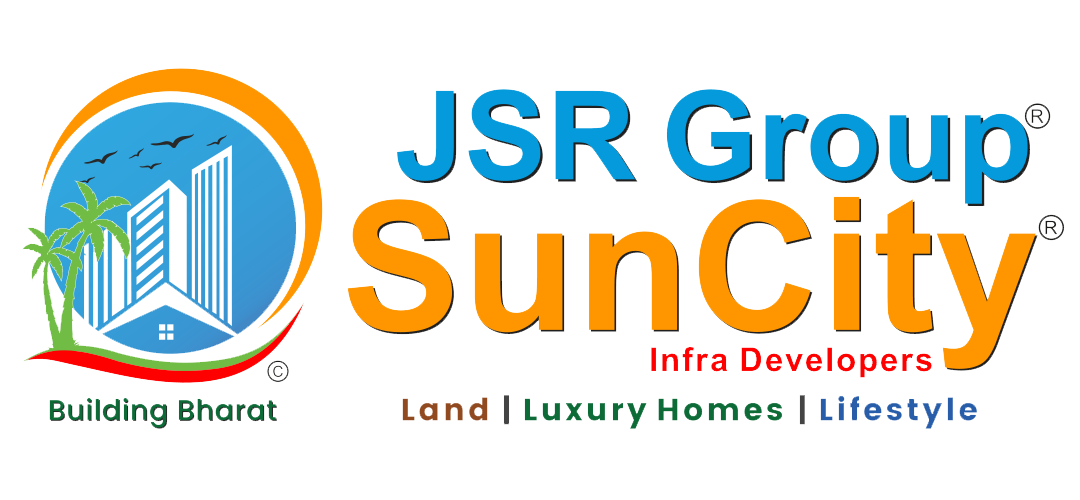Introduction:
As Hyderabad continues to expand, the development of open plots in the city's urban fringes has become increasingly prevalent. While this growth presents opportunities for investment and infrastructure development, it also raises concerns about its environmental impact. Responsible land development practices are crucial for preserving the natural ecosystem, mitigating pollution, and promoting sustainable growth. In this article, we explore the importance of minimizing environmental impact in Hyderabad's urban fringes and provide insights for potential buyers of open plots.
The Importance of Responsible Land Development:
Responsible land development involves balancing economic growth with environmental conservation and social responsibility. Here's why it's essential:
1. Preservation of Natural Resources:
Hyderabad's urban fringes often encompass ecologically sensitive areas, including forests, wetlands, and wildlife habitats. Responsible land development practices aim to minimize disturbance to these natural resources and protect biodiversity.
2. Mitigation of Environmental Pollution:
Uncontrolled development can lead to environmental pollution through factors such as soil erosion, water contamination, and air pollution. Responsible land development incorporates measures to minimize pollution and preserve the quality of air, water, and soil.
3. Sustainable Infrastructure:
Responsible land development focuses on creating sustainable infrastructure that minimizes resource consumption, promotes energy efficiency, and reduces carbon emissions. This includes incorporating green building techniques, renewable energy sources, and water conservation measures.
4. Community Wellbeing:
By prioritizing environmental conservation and sustainable development, responsible land development contributes to the overall wellbeing of communities. Access to green spaces, clean air, and recreational amenities enhances residents' quality of life and promotes physical and mental health.
Minimizing Environmental Impact in Hyderabad's Urban Fringes:
To minimize environmental impact in Hyderabad's urban fringes, developers and buyers of open plots can implement the following practices:
1. Environmental Impact Assessment:
Conduct comprehensive environmental impact assessments before initiating any development activities. Assessments should evaluate the potential impacts on ecosystems, wildlife, water resources, and air quality.
2. Preservation of Ecologically Sensitive Areas:
Identify and preserve ecologically sensitive areas within open plot developments, such as wetlands, forests, and wildlife corridors. Implement buffer zones and conservation measures to protect these habitats from degradation.
3. Sustainable Land Use Planning:
Adopt sustainable land use planning practices that prioritize mixed land uses, compact development, and green infrastructure. Design open plot communities that minimize sprawl, optimize resource efficiency, and promote walkability and connectivity.
4. Green Building Practices:
Incorporate green building practices into construction projects, such as energy-efficient design, use of eco-friendly materials and integration of renewable energy sources. Implement rainwater harvesting systems, wastewater treatment facilities, and green roofs to reduce environmental impact.
5. Storm water Management:
Implement storm water management techniques to prevent soil erosion, flooding, and water pollution. Incorporate permeable surfaces, vegetated swales, and retention ponds to capture and treat storm water runoff effectively.
6. Reforestation and Greenery:
Integrate reforestation efforts and greenery into open plot developments to enhance biodiversity, improve air quality, and provide ecosystem services. Plant native trees, shrubs, and vegetation to restore natural habitats and create green corridors.
Conclusion:
In conclusion, responsible land development is essential for minimizing environmental impact and promoting sustainable growth in Hyderabad's urban fringes. Developers and buyers of open plots play a crucial role in implementing practices that preserve natural resources, mitigate pollution, and enhance community wellbeing. By adopting sustainable land use planning, green building practices, and storm water management techniques, Hyderabad can achieve balanced growth while safeguarding its natural environment for future generations. Potential buyers of open plots should prioritize developers who embrace responsible land development principles and contribute to the city's sustainable development goals.
Back





